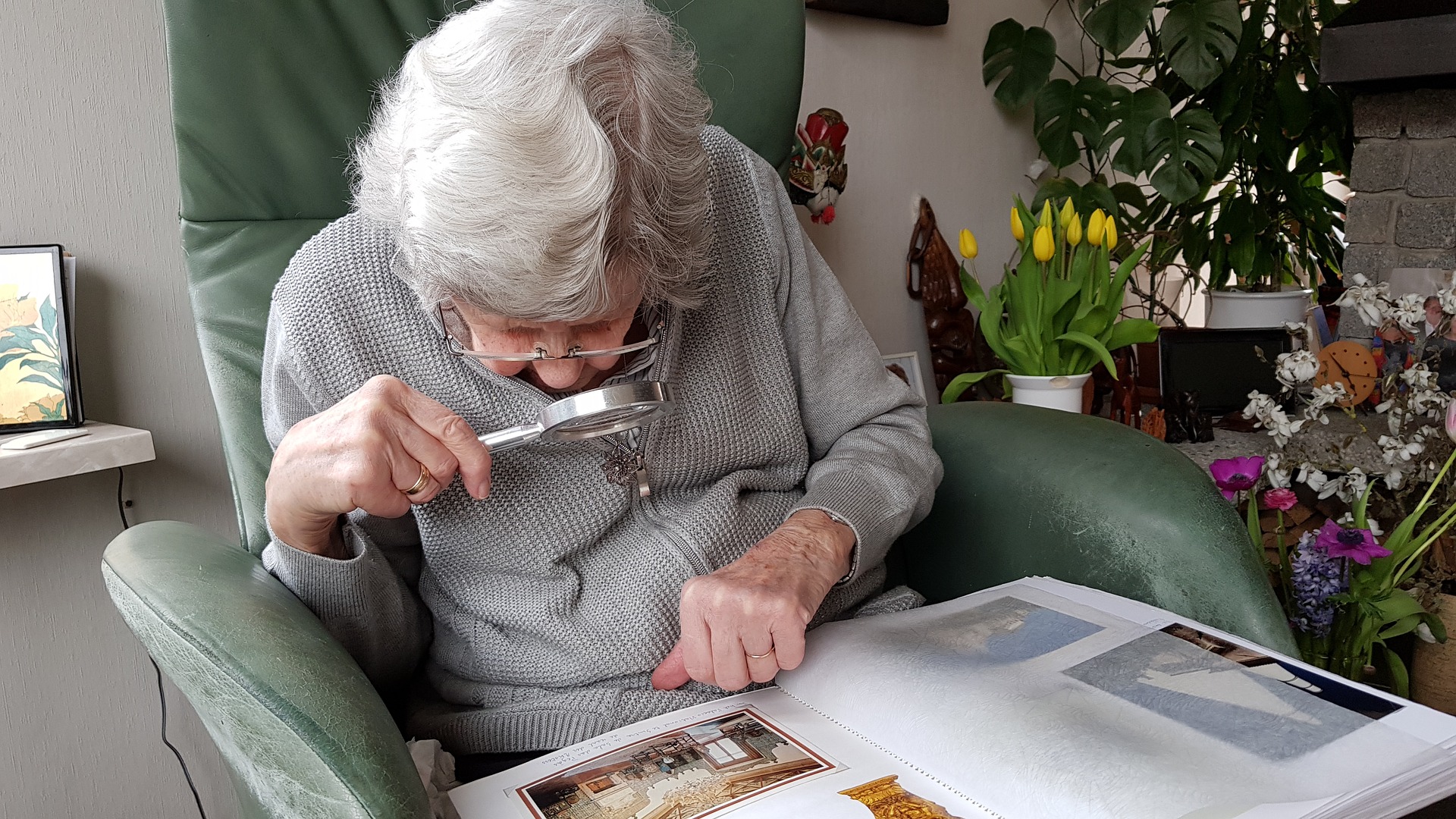Healthcare can be complicated, but there is an easy way to ensure that you are getting the very best care possible. According to the AARP, recording and maintaining your medical information in one place allows you to be your own best advocate – or a better advocate for your loved one. In this blog, we will see why tracking your medical history can improve the accuracy and effectiveness of your healthcare.

- Record Hereditary Diseases: If you have your medical history, you will know about any hereditary diseases or conditions which run through your family line. These may include risks for heart disease or diabetes, or in some cases, some forms of cancer. The fact that you have specific illnesses which run in your family does not mean that you are destined to suffer from the same condition. However, a medical history can inform your physician of possible risks. Knowing that certain illnesses are prevalent allows a doctor to identify symptoms more quickly or identify testing parameters. Medical histories are also helpful in making positive life changes, such as staying fit or changing your diet if diabetes is prone to attack seniors in your family.
- Track Your Medication: You may be surprised at how many adults cannot accurately recite all of their medications if asked by their physician. The situation only worsens as a senior ages and begins to lose some cognitive ability. Medical records provide a simple way to inform your physician about past and present medications.
- Help Other Family Members at Risk: Collecting your medical history won’t simply help the patient themselves. Once completed, other family members can utilize the history to understand their own risks or predispositions. If your family does not have a comprehensive medical history, compiling one can help you, your current family members, and even generations to come. Be sure to update the medical history if anything new arises within your family.
- Be a Better Advocate: Whether you are the patient or a caregiver, it is extremely empowering to understand your medical history and be informed when speaking with a general physician or specialist. A medical history will lead you to the right questions to ask. It can be a quick and easy reference when interviewing new caregivers, doctors, or adult living residences. Medical histories give you more control and a feeling of confidence in taking on medical care.
- Be Ready for Emergency: When time is of the essence, and a rapid response is necessary, it is always best to have the information you need at your fingertips. This is especially true of having a medical history. Suppose the patient is non-responsive or unable to answer any questions about their health, medications, allergies, or treatments. In that case, the doctor does not have information that could make the difference between life and death. As a caregiver or next of kin, having the relevant information immediately available will save precious moments. In less serious situations, which are still emergencies in nature – such as a fall or broken bone – knowing about current contraindications or allergies is essential.
If you or your loved one can compile a medical history, it can prove to be an exciting journey. While recording medical information, you may speak with long-lost relatives, learn things you never knew, and even learn more about your family tree. Whatever the reason, a medical history is a vital document to have.
A Banyan Residence is an assisted living and memory care center located in beautiful Venice, Florida. If you or a loved one is looking for a compassionate, friendly, and skilled adult living solution, visit us today.
